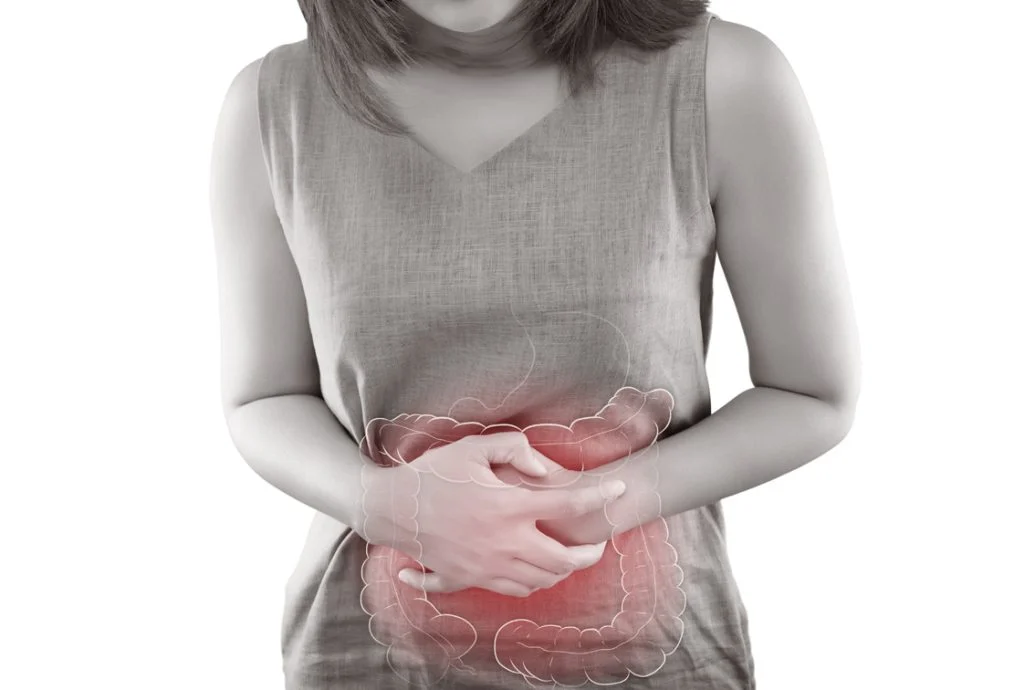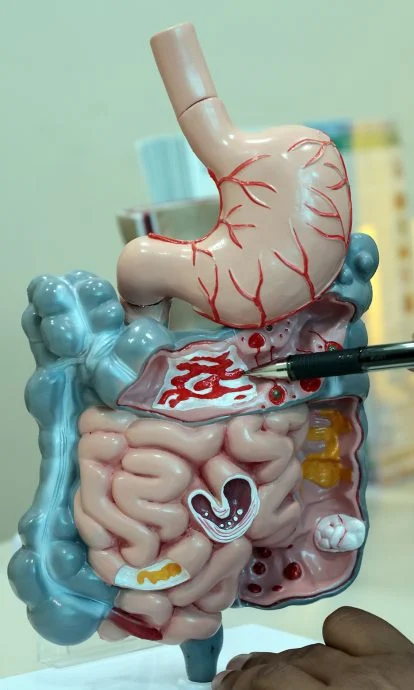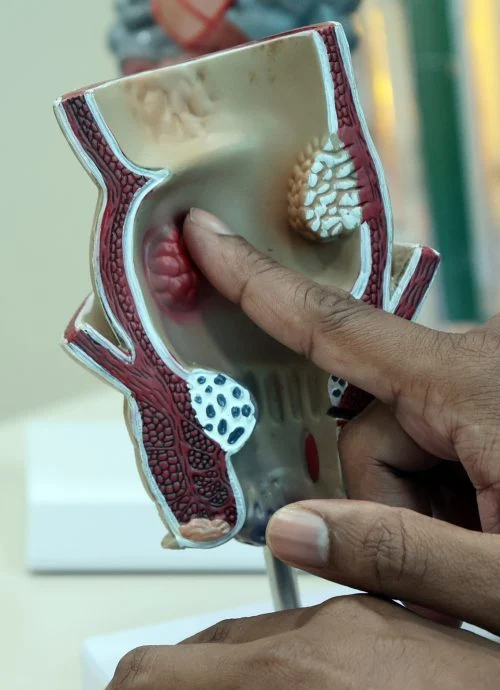Stay Away from Colorectal Cancer: Eating Right and Taking Proper Actions Can Help Prevent It
In Malaysia, colorectal cancer (CRC) is the most common cancer in men and women. However, early-stage colorectal cancer often shows few symptoms. So, how can one detect it early?

Dr. Senthil Vasan Kanthasamy, a General and Colorectal Surgeon at Bukit Tinggi Medical Centre, mentions that although colon and rectal cancers grow in different locations, there are still subtle signs to watch for early on, such as unexplained weight loss, loss of appetite, and abdominal pain. When cancer progresses, patients may experience changes in bowel habits, such as persistent constipation or diarrhea, or alternating between both, and always feeling like they need to have a bowel movement even after going. Blood in the stool can cause chronic anemia and pale skin, which some patients mistakenly attribute to hemorrhoids.
Up to 70% of patients are diagnosed with colorectal cancer only at advance stages in Malaysia. Dr. Senthil hopes that people become more aware of changes in their bowel habit and seek medical attention early if they notice anything unusual.
Guarding Intestinal Health Is Everyone’s Responsibility
Preventing colorectal cancer starts with recognizing its risk factors. Age, gender, genetics, and family history are unchangeable risk factors. If a family member (parents, siblings, grandparents, etc.) has cancer, other members' risk of developing cancer increases.
Another high-risk group consists of individuals whose lifestyle and dietary habits contribute to their risk, including smoking, excessive alcohol consumption, obesity, eating large amounts of red meat, processed foods, and fried foods, lack of exercise, and insufficient daily fiber intake. These are modifiable behaviors and choices.
The intestines are digestive organs that function through muscular movements and absorption. They transport food and water through the digestive system, delivering nutrients to other parts of the body. Whether you are at high or low risk, maintaining healthy daily habits and intestinal health is crucial since most colorectal cancer cases are closely related to poor lifestyle habits.
Dr. Senthil points out that some people take probiotic supplements, but it’s more important to maintain a balanced daily diet, ensuring an intake of 25 to 30 grams of fiber with each meal.
Diet and Exercise Are Essential
- Exercise three times a week, 30 minutes each time, to maintain an ideal Body Mass Index (BMI).
- Ensure an intake of 25 to 30 grams of fiber with each meal, with fiber sources including vegetables, fruits, and grains. Avoid excessive consumption of red meat, processed foods, and fried foods.
- Avoid smoking and excessive drinking.
Regular Screening
Dr. Senthil encourages public to go for early screening for colorectal cancer. Ideally screening should start at the age of 50 for those who fall under the low risk group. Screening consists of fecal occult blood and colonoscopy. Those who are at moderate and high risk group (family history of cancer or inherited cancer) should start colonoscopy screening much more earlier with subsequent screening every 3-5years once.
Colonoscopy will determine whether there is a presence of any suspicious growth or polyp. It works as a diagnostic and therapeutic tool.
The day before a colonoscopy, patients are advised to eat clear porridge, drink fruit juice, and consume plenty of water to prepare the colon. Oral laxative formula is given in the evening to thoroughly prepare the bowel before the procedure. A thin, flexible endoscope is inserted through the anus which passes through rectum till caecum, to examine the entire large bowel. During the examination, doctors can remove polyps and take tissue samples for further testing. The whole process takes about 20-30 minutes.
Dr. Senthil believes that awareness of colorectal cancer prevention is influenced by factors such as education, knowledge, and living area, which prevent people from establishing strong concepts in their minds. Nevertheless, regular check-ups can detect cancer early, allowing for prompt treatment, which improves cure rates and survival rates. This is the key to defeating cancer.

Dr. Senthil: Regular check-ups are key to preventing and treating colorectal cancer.

Colon cancer mainly develops from polyps, which are growths on the inner wall of the intestine.

Rectal tumour usually causes per-rectal bleeding which often mis-diagnosed as haemorhoids.
Source: Sin Chew
Find out more about Dr Senthil Vasan Kanthasamy: https://bukittinggimedicalcentre.com/doctor-info/dr-senthil-vasan-kanthasamy






